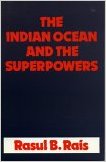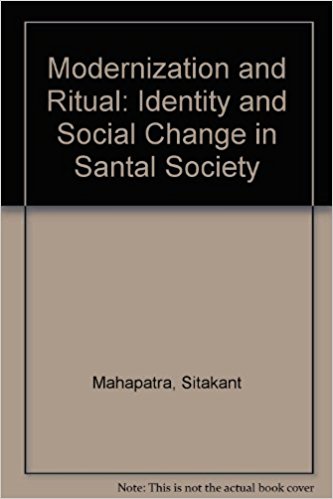1987
This subcontinent with its precious and magnificent heritage of natural wealth is fast being deprived of its security blanket of green vegetation. Progress unfortu¬nately still means the exploitation of nature and the Himalayas with its foot¬hills are denuded day by day.



